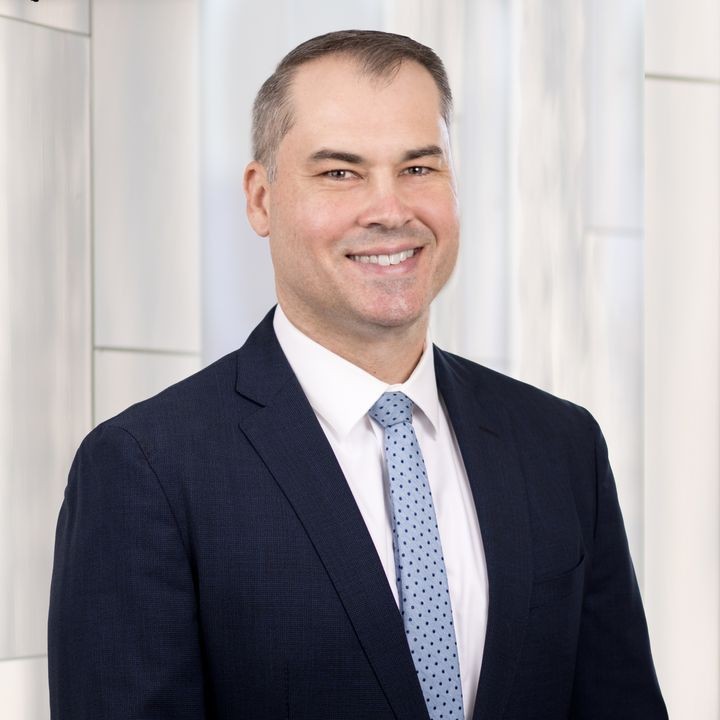Paycheck Protection Program Enforcement Efforts
Webinar | 11.02.22, 10:00 AM EDT - 11:00 AM EDT
Please join us on Tuesday, November 2, 2022, for a discussion of past, current, and future enforcement of Paycheck Protection Program fraud and abuse. Even though the program has long since stopped accepting new applications for PPP loans, focus on enforcement is just now gaining traction. Recently, Congress extended the statute of limitations for criminal and civil actions regarding PPP loans to ten years from the date of offense, providing the government with more time to investigate borrowers and lenders. The Department of Justice has also ramped up enforcement through the creation of Strike Force teams.
Crowell & Moring and BDO, both of which have been supporting companies since March 2020 at every stage of the PPP, will speak to some of the key issues that the Small Business Administration and DOJ is currently scrutinizing with respect to PPP loans and forgiveness of such loans. The panel will be rounded out by Special Agent, Michelle Blank. Agent Blank is the SBA’s OIG COVID Desk Officer and has been focusing on PPP and EIDL since the rollout of these programs in early 2020. She has been involved with almost every PPP and EIDL investigation to date. The speakers will not only share recent enforcement trends, but will also address important considerations and best practices that PPP borrowers can take at this stage—even for borrowers that have already had their loan forgiven given, noting that SBA’s approval of forgiveness does not immunize borrowers from later audits or enforcement actions.
For more information, please visit these areas: Government Contracts
Participants
Insights
Webinar | 02.02.26
Join Crowell’s international trade attorneys for an in-depth analysis of the EU’s new economic security strategy and its practical impact on businesses operating in the region.
Webinar | 01.22.26
Webinar | 01.22.26
Recall Execution Bootcamp: Practical Skills for Fast-Track Recalls



